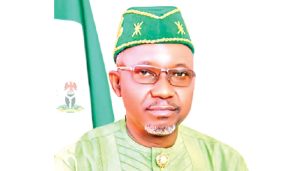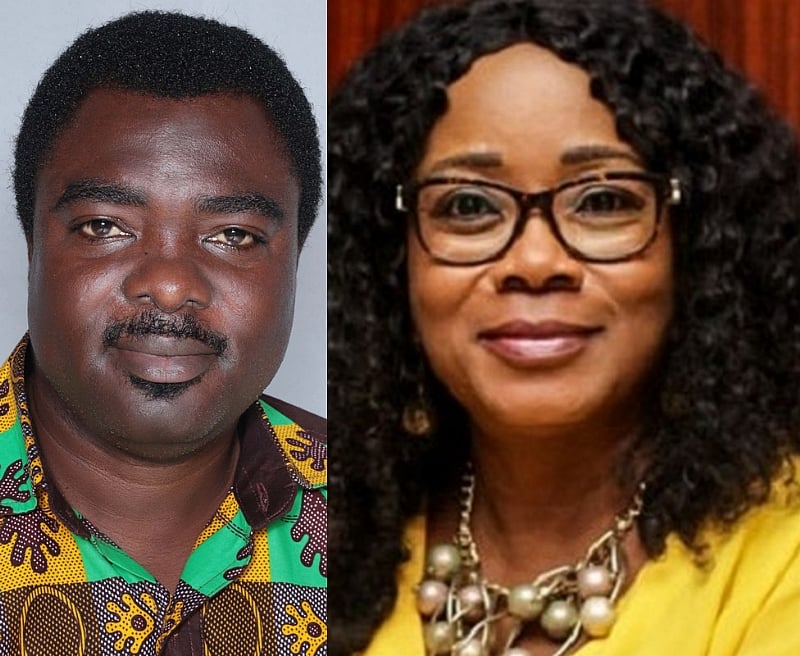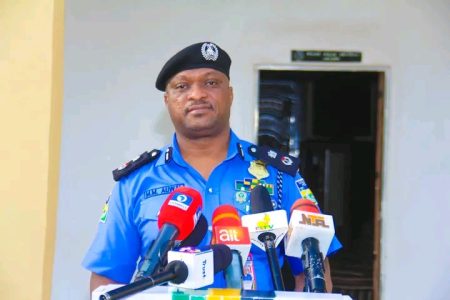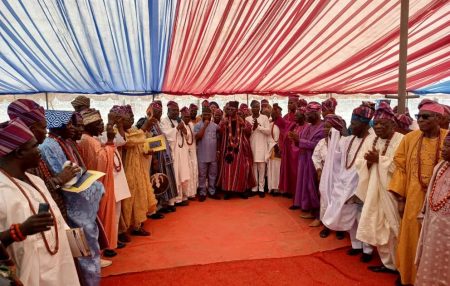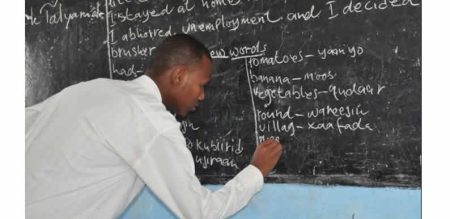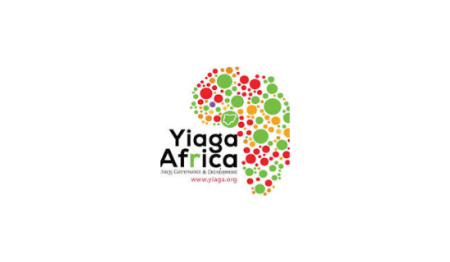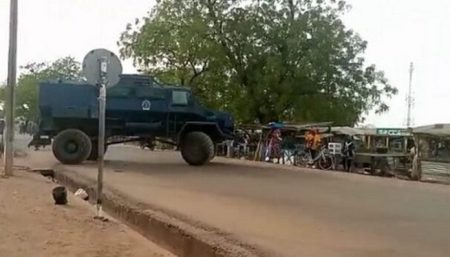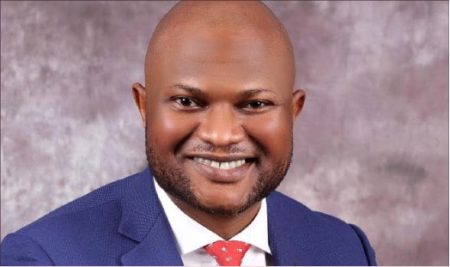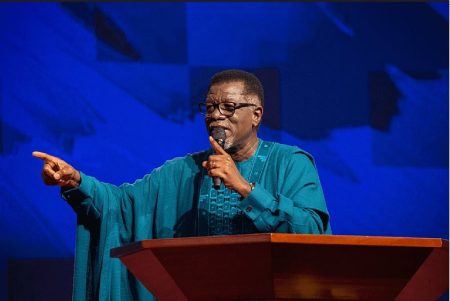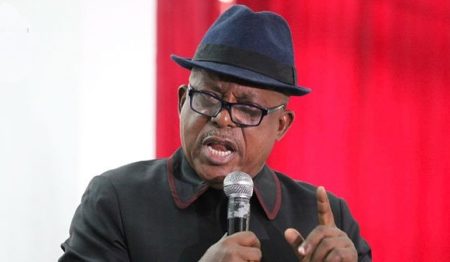Recent reports indicate that Cynthia Mamle Morrison, the New Patriotic Party (NPP) Member of Parliament (MP) for Agona West, is reconsidering her initial decision to run as an Independent Candidate in the upcoming general elections. Similarly, Kojo Asante, the NPP MP for Suhum, is contemplating a similar change. While both MPs have made their intentions known, they have yet to finalize their decisions. Sources from ModernGhana News suggest that the NPP is optimistic about the situation, as discussions are ongoing to sway the two MPs back into the party fold. Should they ultimately decide against running as independents, the NPP could regain majority status in Parliament, which has recently shifted to the National Democratic Congress (NDC) following the Speaker’s declaration of vacant seats for these MPs.
The political backdrop for Morrison is notably challenging, as she declared her independent candidacy on August 22 after narrowly losing the NPP parliamentary primary to challenger Christopher Arthur on April 13. Morrison garnered only 152 votes against Arthur’s 240. Despite this setback, she emphasized her commitment to the development of Agona West, asserting that her candidacy transcends party politics and is focused on community improvement. This highlights the personal stake she has in her constituency, suggesting that her integrity and determination to serve her constituents are primary motivations behind her decision to run independently.
In a parallel scenario, Kwadjo Asante of Suhum announced his independent candidacy on September 2 after losing his primary in January 2024 to Frank Asiedu Bekoe, known as Protozoa. The primary results saw Asante receive 320 votes to Bekoe’s 496, reflecting a significant loss that prompted Asante’s desire to pursue an independent route. Like Morrison, Asante’s decision represents a broader trend of discontent within the NPP ranks, illustrating the struggles some party members face when their ambitions are thwarted in party primaries.
The implications of these potential shifts cannot be overstated. If Morrison and Asante opt to remain with the NPP, the ruling party could see an immediate restoration of its majority, as their collective reintegration would change the current composition of Parliament, where the NDC holds 36 seats compared to the NPP’s 35. This scenario emphasizes the contentious nature of Ghana’s political landscape, where party allegiance can pivot swiftly based on individual electoral outcomes and candidates’ personal estrangements from party decisions.
Engaging with their constituents, both Morrison and Asante have attempted to rally support for their independent campaigns, channeling their messages to resonate with the grassroots sentiments of their voters. They have expressed a commitment to overall community development, which they perceive as compromised by strict party lines. This focus on community-centric politics may appeal to voters who feel disconnected from party politics or dissatisfied with their party’s direction. The emphasis on development over partisan identification represents a strategic pivot in their campaigns, aiming to harness public support independent of their parties.
As these developments unfold, the NPP’s leadership is likely to remain vigilant in its discussions with Morrison and Asante, striving to ensure their return to the fold. The outcome of these negotiations will not only impact the internal dynamics of the NPP but could also significantly influence the broader political landscape in Ghana as the forthcoming elections approach. As candidates weigh their options in this charged atmosphere, the potential for electoral shifts complicates the already dynamic parliamentary interplay and may shape the future course of governance in the country.



